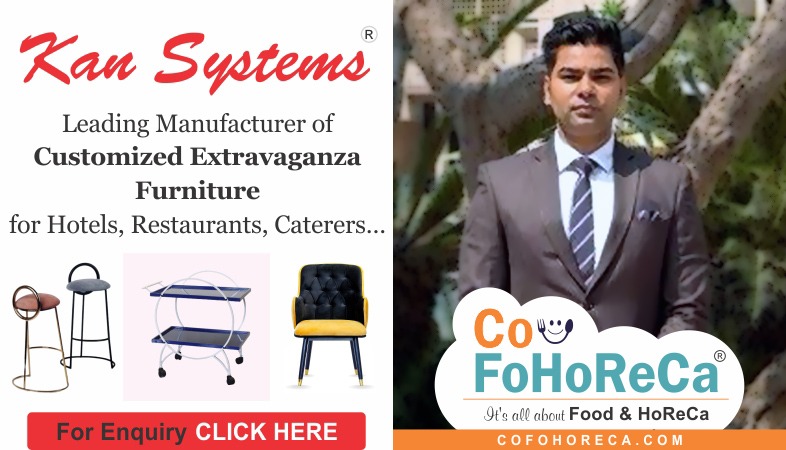SHARE
Commercials
More Posts
Feb 07, 2025
Cabinet Pudding - By Chef Indrajit
Nov 18, 2024
Bela Pana - By Biswajit Das
Feb 27, 2025
Banarasi Tamatar Chat - By Chef Ashish Spencer
Mar 15, 2025
Rose Petal Thandai - By Chef Selva Kumar
Jan 26, 2025
Sushi - By Chef Madhusudan Singh
Apr 25, 2025
Innovative Packaging Ideas for Modern Confectionery
Feb 07, 2025
Cabinet Pudding - By Chef Indrajit
Nov 18, 2024
Bela Pana - By Biswajit Das
Feb 27, 2025
Banarasi Tamatar Chat - By Chef Ashish Spencer
Mar 15, 2025
Rose Petal Thandai - By Chef Selva Kumar
Jan 26, 2025
Sushi - By Chef Madhusudan Singh
Apr 25, 2025
Innovative Packaging Ideas for Modern Confectionery
Feb 07, 2025
.png)




























